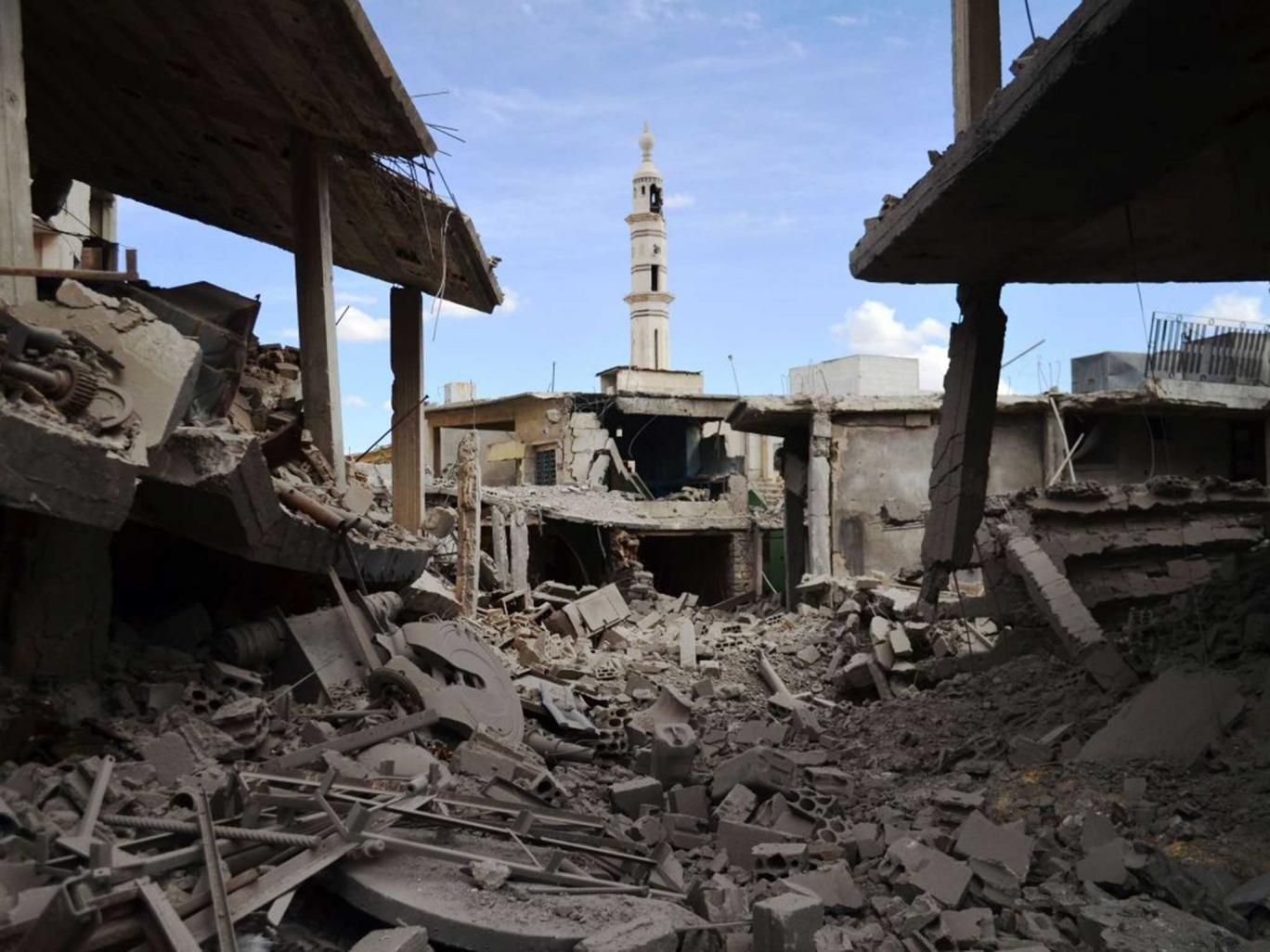
Many people will not remember the United Nations Security Council resolution in 2011 which paved the way for NATO and Arab intervention in Libya. However the vote at the Security Council is instrumental to understanding more recent Russian policy. The resolution passed with a vote of ten countries in favour with two permanent members of the Security Council in abstention, one of which was the Russian Federation. This meant that Russia had essentially given legitimacy to NATO military action in the Middle-East. While UN resolutions are often quite dry and boring and laced with platitudes, Resolution 1973 was interesting in its clarity. It provided for a no-fly-zone over Libya and specifically mentioned the prevention of ground troops entering Libya without further authorisation of the Security Council. This clearly limited resolution was seen as acceptable for the Russian government who publicly mentioned their opposition to Western support for regime change. Once the air campaign in Libya began there was anger from the Russian government over what they (and the rest of the world with eyes and ears) saw as an overreach of the UN mandate. The air campaign became a Western sponsored regime change with intense bombardment of pro-Gaddafi forces, in many cases with the intent of supporting rebel offensives. This may seem to be a large claim but when one looks at the nature of Western intervention it will be shown to not be all that outlandish.
The intervention began with the mandated no fly zone enforced by British, American and French jets. Soon there were ground attacks pertaining to the part of the resolution allowing for airstrikes ‘acting in cooperation with the Secretary-General, to take all necessary measures, notwithstanding paragraph 9 of resolution 1970 (2011), to protect civilians and civilian populated areas under threat of attack’. This soon became more extensive airstrikes against the Libyan military. It soon became clear that mission creep was a real problem. There were reportedly UK, US, Qatari and other special forces on the ground providing support to rebels in communications and directing airstrikes. A further creep was the deployment of British ground attack helicopters into the conflict which showed an intensification of the campaign against the Gaddafi government which at this point was heavily on the back foot. As mentioned, it became clear to the entire world that this mission was now overtly about regime change and it appeared the Russians had been duped into allowing, as they saw it, the expansion of Western influence in the region.
Once the conflict in Libya was “over” the Russian government hardened its stance, particularly regarding American policy in the Middle-East. The Russian support of the Syrian government, from surface to air missile shipments in 2012 to bombings and logistical and advisory support running into 2015, has to be linked to the Libyan intervention. The anger from NATO over the Russian bombing of rebel groups not linked to Islamic State is possibly not as justified as it may seem in light of recent relations between the Russian and Western governments. It seems to be a somewhat short sighted approach to these relations not to consider the Libyan intervention as a major factor for in a ramping up of Russian military activity in the region.
Russian policy is justified by its own government officials in terms of what the West has done in the past. A clear example of this is Russian action in Crimea, where the annexation of the region was specifically justified in relation to the Western intervention in Iraq, in particular to the unilateral nature of the intervention and the lack of UN support. While this has not yet been overtly touted by the Russian government as the reason for its military intervention in Syria, the public comments made by state officials during and in the aftermath of the Libyan intervention clearly show Russian anger at being cajoled into allowing the West to conduct regime change and overstepping their mandate.
These recent developments in the Middle East are clearly of huge interest since what they show in combination with Ukrainian conflict is the kind of East-West tension not seen since the fall of the Berlin Wall. The new assertiveness of the Russian government, with the largest military operation in the Middle-East since their invasion of Afghanistan, demonstrates a paradigm shift in the recent dominance of the United States in the region. While no one is trying to justify the actions of the Syrian regime or Russian support of it, it has to be made clear that foreign military intervention in the Middle East does not occur in a vacuum or without the influence of past policy and relations.
While it looks like the Syrian conflict will likely rumble on for some time to come, it has become clear that the Russians have wiped the egg off their face from the Libyan intervention and will not be likely to abstain on military intervention resolutions until pigs can fly.






